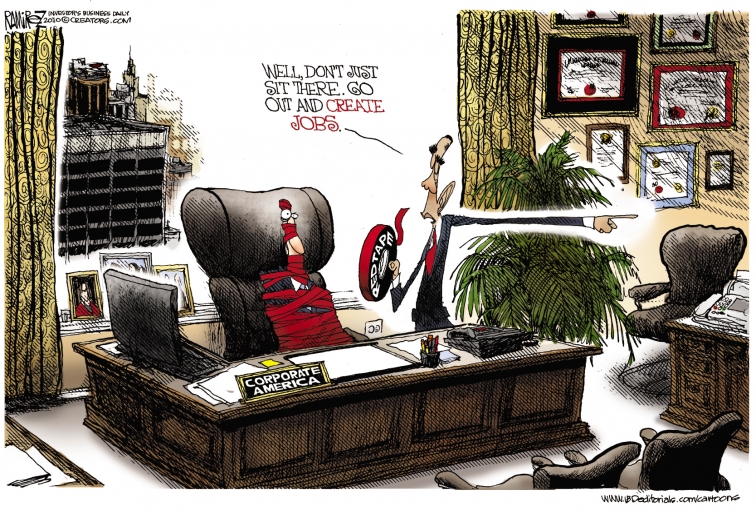Public Health Care Means Loss of Privacy
One of the selling points for “universal” health care is the notion it carries of making treatment available to everyone. That’s (somewhat) true, but when government-run health care displaces private companies, something else gets tossed out too: privacy.
According to a notice published in the Federal Register last month, President Barack Obama’s Office of Personnel Management (OPM) will be launching a new health-related database that adds to new data sets to one representing federal workers: private citizens who report pre-existing health conditions or use one of the newly created regional exchanges for pooled health insurance. That information will be made available to any government agency, law enforcement group, or third party researcher that shows a need for it.
What gives OPM the right to collect and disseminate such sensitive health records? The passage and implementation of ObamaCare.
Charles Krauthammer’s recent column heralding the demise Obama’s legislative agenda contained a paragraph that deserves mention:
Over the next two years, the real action will be not in Congress but in the bowels of the federal bureaucracy. Democrats will advance their agenda on Obamacare, financial reform and energy by means of administrative regulation, such as carbon-emission limits imposed unilaterally by the Environmental Protection Agency.
No doubt, there will be many battles to fight in Congress against enactment of more freedom-killing policies, but voters, activists, and politicians should remember that the threat to liberty only accelerates once the federal bureaucracy gets involved. OPM is just the most recent example.




 CFIF Freedom Line Blog RSS Feed
CFIF Freedom Line Blog RSS Feed CFIF on Twitter
CFIF on Twitter CFIF on YouTube
CFIF on YouTube